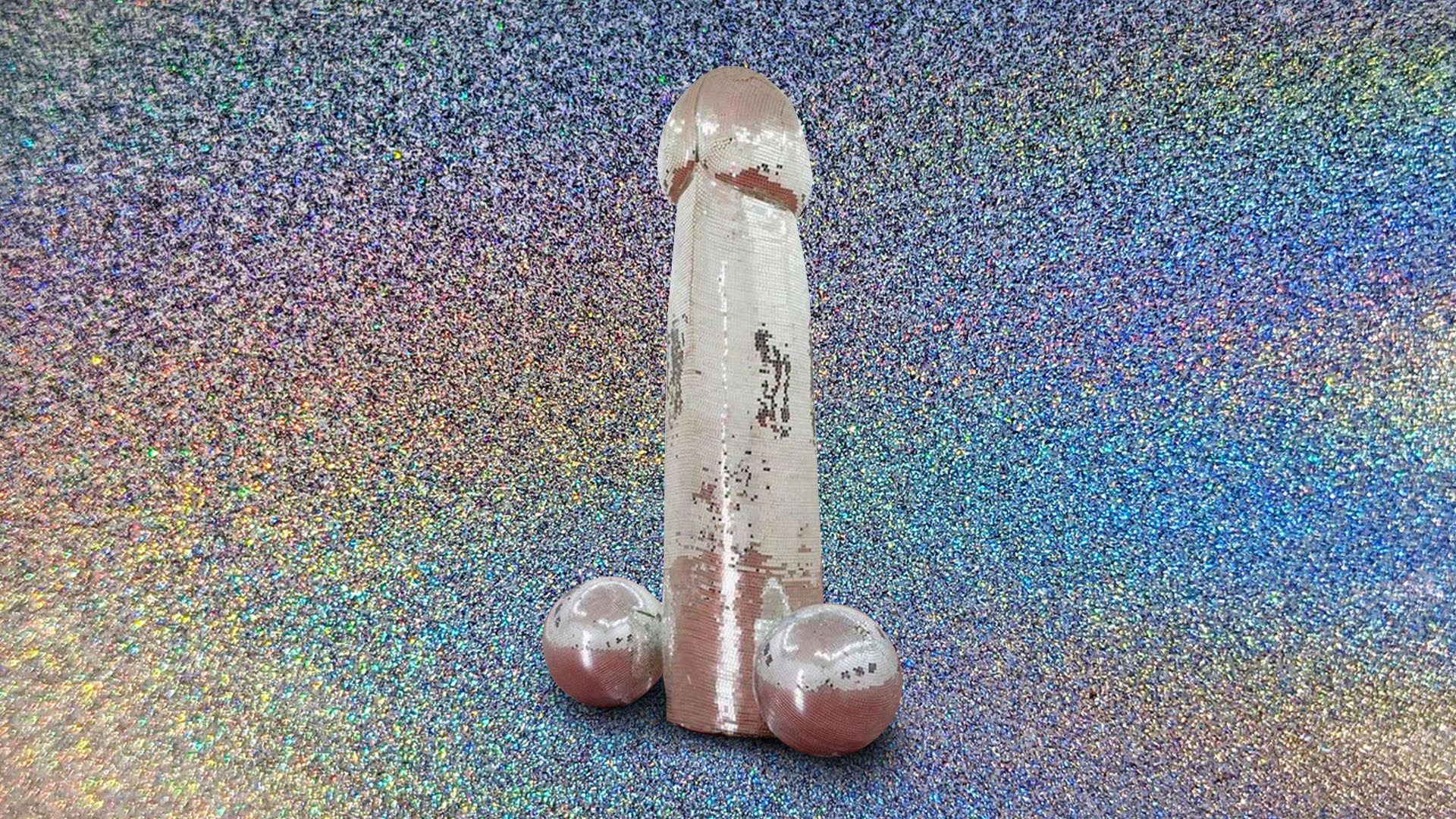
Bacterial Sexually Transmitted Infections - Types, Testing, Symptoms & Treatment
501
Penile itching, whether caused by a sexually transmitted disease or not, can be so severe that it disrupts your day.

501
Penile itching, whether caused by a sexually transmitted disease or not, can be so severe that it disrupts your day.